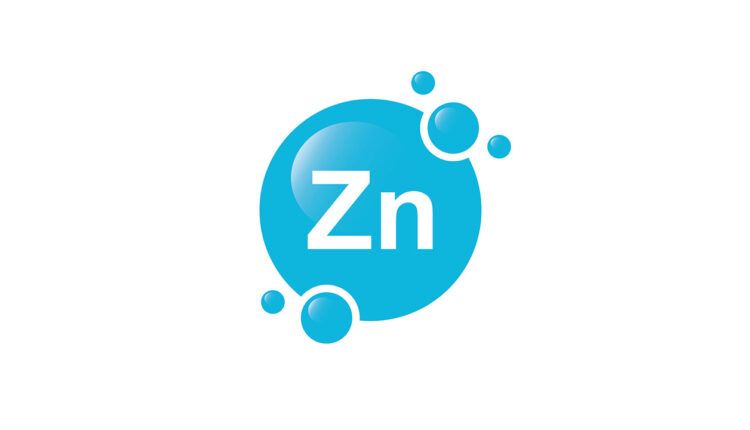
Zinc Emerges as a New Weapon Against Caries
NYU researchers are pioneering a zinc-based treatment that fights decay, relieves sensitivity, and avoids the dark staining caused by silver diamine fluoride. If successful, this innovation could transform caries management into a drill-free, cosmetic-friendly approach.
One promising option in caries prevention is silver diamine fluoride (SDF), which can halt decay progression and is inexpensive to apply. However, SDF’s biggest drawback — permanent black staining — limits its acceptance for visible teeth. That’s where zinc enters the picture. Marc Walters, PhD, professor of chemistry at New York University (NYU), and his colleagues are developing a next-generation material designed to fight decay without esthetic compromise. Drawing inspiration from SDF, Walters created a compound called zinc tetramine difluoride, which penetrates deeply into dentin tubules. Once absorbed, it transforms into a colorless zinc oxide that blocks pathways to the nerves, providing rapid relief from sensitivity while slowly releasing antimicrobial zinc to combat Streptococcus mutans and other cariogenic bacteria.
Microscopic studies show that zinc compounds can form mineral cylinders inside dentin within minutes, effectively “corking” the tubules to shut down pain signals. Unlike desensitizing toothpastes that may require weeks of application, the effect is nearly immediate and designed to last for months. Beyond sensitivity control, the agent’s antimicrobial properties may create a localized barrier that prevents bacterial growth and reduces the risk of further decay. The project has attracted industry and research backing. Southern Dental Industries (SDI), known for producing restorative materials, including SDF, has licensed the technology. Walters is also collaborating with Deepak Saxena, PhD, at NYU College of Dentistry, whose startup Periomics Care is helping drive commercialization. Together, they recently secured funding from the National Institutes of Health to advance feasibility studies, optimize formulations, and test antimicrobial performance. Click here to read more.

